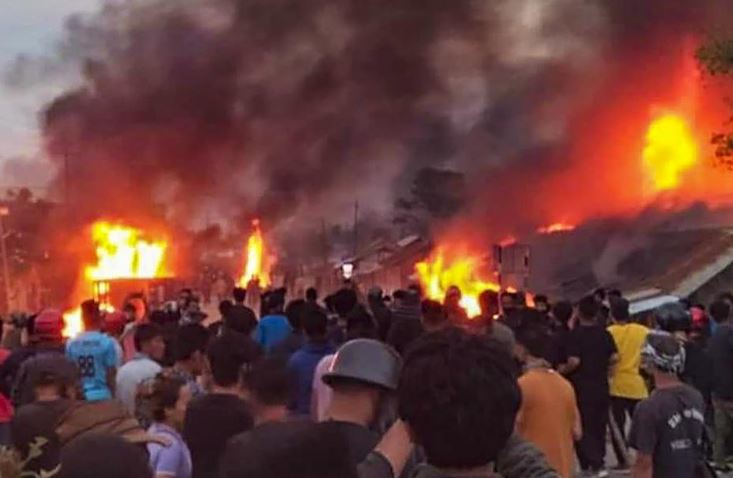Modi’s Acknowledgment: A Step Towards Resolution
Prime Minister Narendra Modi’s recent remarks in Parliament acknowledging the long-standing crisis in Manipur mark a significant departure from his usual silence on sensitive issues. This response comes on the heels of criticism and pressure, particularly from opposition voices like Congress MP Bimol Akoijam.
The Reality of Manipur’s Crisis
Contrary to Modi’s assurances of normalcy, Manipur continues to grapple with deep-rooted ethnic tensions. Over 67,000 people were displaced last year alone, highlighting the severity of the situation. Both Kuki-Zo and Meitei communities remain displaced, impacting essential services and governance across affected areas.
Continuing Unrest and Governance Challenges
Despite claims of restored law and order, armed vigilante groups still operate unchecked in Manipur’s valleys and hills. This unrest has expanded beyond traditional conflict zones, exacerbating the challenges faced by local administrations and central agencies alike.
Central Intervention and Political Dynamics
Central agencies have assumed de facto control in Manipur, overshadowing the state government’s authority. This administrative shift, albeit with nominal state cooperation, raises questions about effective governance and the role of local leadership in fostering reconciliation.
Leadership Vacuum and the Path Forward
Criticism also extends to Manipur’s Chief Minister N. Biren Singh, whose leadership lacks broad community support, hindering prospects for meaningful peace talks. Both Modi and Home Minister Amit Shah have yet to demonstrate proactive leadership in addressing this critical leadership gap.
Beyond Rhetoric: A Call for Action
While Modi’s acknowledgment is a step forward, resolving Manipur’s crisis demands more than rhetorical assurances. Concrete actions and strategic interventions are essential to facilitate genuine reconciliation and sustainable peace in the region.
Summary Table:
| Key Learning Points |
|---|
| Modi’s acknowledgment of Manipur’s crisis |
| Persisting ethnic tensions and displacement challenges |
| Central intervention and governance dynamics |
| Leadership challenges and the need for proactive measures |

Sunil Garnayak is an expert in Indian news with extensive knowledge of the nation’s political, social, and economic landscape and international relations. With years of experience in journalism, Sunil delivers in-depth analysis and accurate reporting that keeps readers informed about the latest developments in India. His commitment to factual accuracy and nuanced storytelling ensures that his articles provide valuable insights into the country’s most pressing issues.



